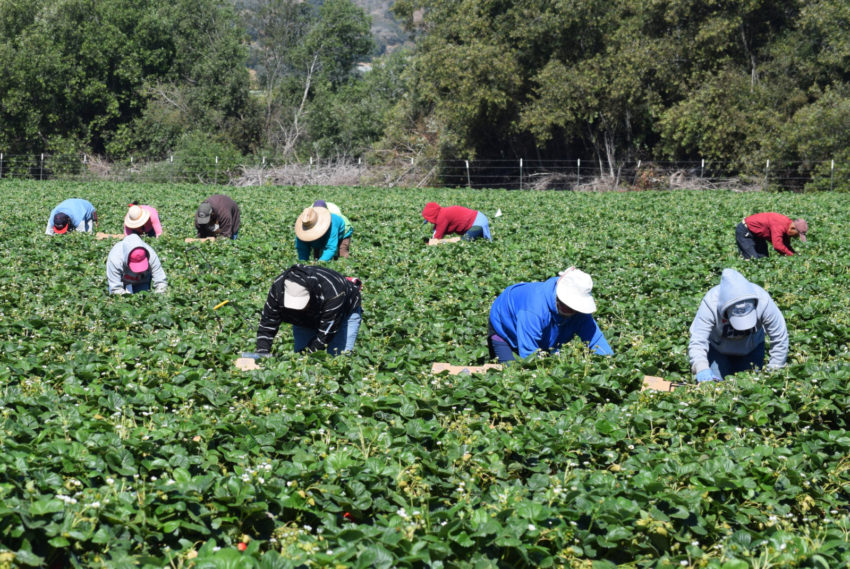Fred Cardenas: Improving Mental Healthcare for Kids in San Antonio
"I hear demons telling me to be bad." "I need my medicine to calm down." "Mom has a new boyfriend, but that’s okay cause dad has a new girlfriend." Fred Cardenas has heard these statements from kids ages 6 and younger who suffer mental health issues. Cardenas, who has spent 30 years in early childhood services in San Antonio (68% Latino), said overwhelmed parents and stressed teachers struggle to deal with these kids. Health workers too often look for a psychiatric diagnosis to medicate. He wanted to help parents, teachers, and health workers look more at the context and relationships experienced by the kids. So Cardenas helped build a program—Early Childhood Well Being (ECWB) at Family Service Association of San Antonio. ECWB intervenes early for kids ages 0-8 ...
Read More




